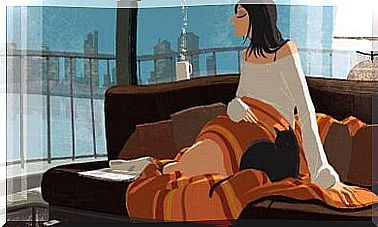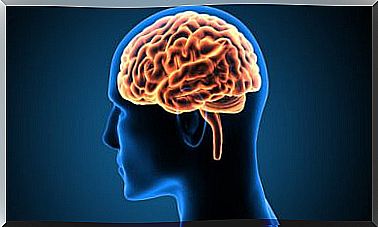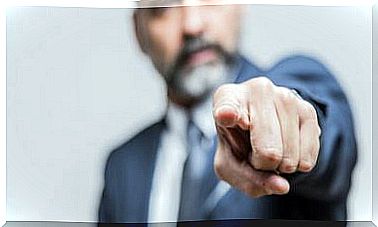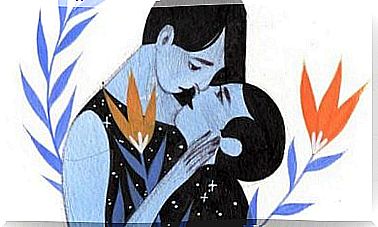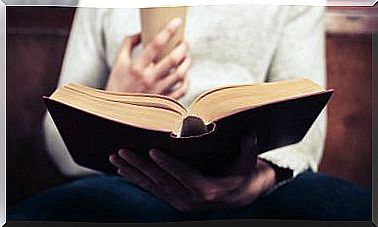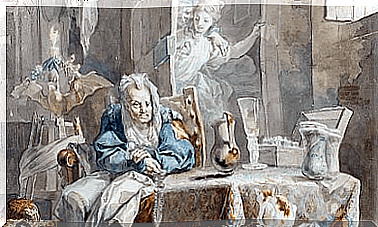The Train Of “be Happy ” Does Not Pass Through The Station Of “be The Best “
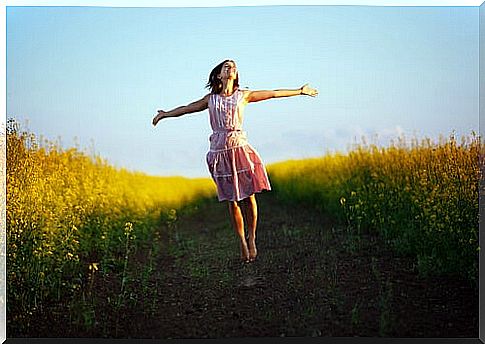
Being the best has become, in this society in which we live, one of the most important goals of almost anyone. Since we are children, they begin to evaluate our performance in different areas with numerical notes, regardless of whether or not we like what we are doing.
Normally, this approval from others makes you feel very good about yourself. Who does not like to be recognized for their merits and valued for what they have achieved?
On the contrary, someone who does not perform outstandingly in what everyone should be good or very good at ends up attracting the scorn of their classmates, teachers and even their parents. Parents who reprimand or punish their child: having failed to be the best, he can never become a “man of profit.”
Be the best to gain self-esteem
When we have become the best, we are usually filled with a feeling of fulfillment. Being number one makes us gain self-esteem, because as we have said before, being at the top generates the admiration of others, as well as other positive external consequences that we value very much. Sometimes even too much.
When we mention these positive external consequences, we mean fame, success, money … something that in our societies is given an inordinate value and for which we tend to fight tooth and nail at all costs .
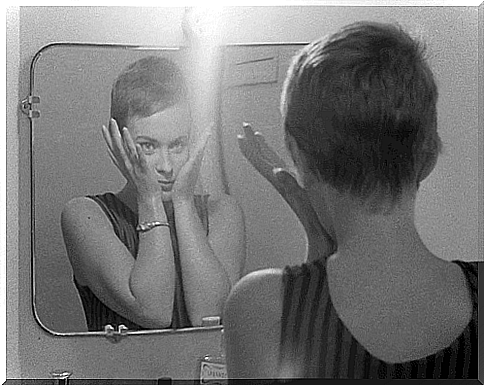
In this sense, the self-esteem trap arises. When we speak of self-esteem, we refer to self-esteem, that is, to the love we have for ourselves, for our being. Many times we associate that love for ourselves with certain external characteristics, which is why we create a dependent self-esteem.
We love and admire each other if we are handsome, tall, slim, cultured, with work, with a partner … or being the best in everything we do. Therefore, we hate, censor, and beat ourselves up if we don’t have everything we’ve just listed.
Being the best, the hardest worker, the most handsome, the most sympathetic, the number one in the class, etc., is just air. It has no value in itself and is useful for less than we think, what happens is that we have been given to understand that being the best is the most valuable thing that exists and unfortunately, almost all of us have believed it.
You don’t earn more self-esteem by being better than someone else, nor are you happier for it. If this were the case, we would not know so many cases of successful people, with fame, with money, attractive … who have confessed to being very unhappy and whose lives have ended in an end precipitated by tragedy.
How many famous athletes have ended up in the world of drugs because they could not bear the demands – themselves and their coaches – to which they were subjected? How many actors, singers or artists have not ended their lives voluntarily or being victims of their own abuse?
Be the worst and still accept yourself
Wanting to be the best, as we have seen, only serves to administer a good dose of anxiety to ourselves. The culture of effort, of “being a woman and a man of profit” or of making a living with sweat and tears has only succeeded in creating a multitude of unhappy people. Spirits who want to achieve that supposed self-imposed goal that they would not have to reach, since we are not obliged to do so nor will it introduce chips into our portfolio of happiness.
In the end, the only thing we achieve is that our happiness and our self-love is a function of the external and not that it is something that is cemented within us. Therefore, if we want to stop being participants in this irrational idea, we can start by practicing unconditional acceptance. Acceptance and self-esteem may be similar, but they are different concepts.
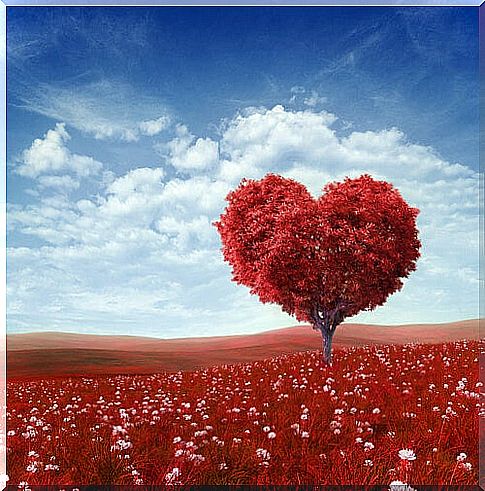
Healthy acceptance does not depend on whether I am better or worse, more handsome or uglier, smarter or less. Acceptance consists of liking yourself, loving yourself, taking care of yourself, pampering yourself no matter what I am, how I am or what I have achieved. We simply love each other because we are people, valuable from the moment we are born.
Nothing external can add more or less value to a human being because people are not measured quantitatively. We do not have a rule to measure the value of anyone, so all the assessments that we make ourselves and others are the product of culture: something social, but it is not real.
I invite you to make the following reflection: imagine being the worst at something – in your work, in your class, the least connected of your group of friends – and feeling despite this, very happy, very comfortable with yourself. Is it possible right? Well, if with your imagination you are able to put yourself in that place, now you can start moving to it. I anticipate that it will be a path of wonderful discoveries!
